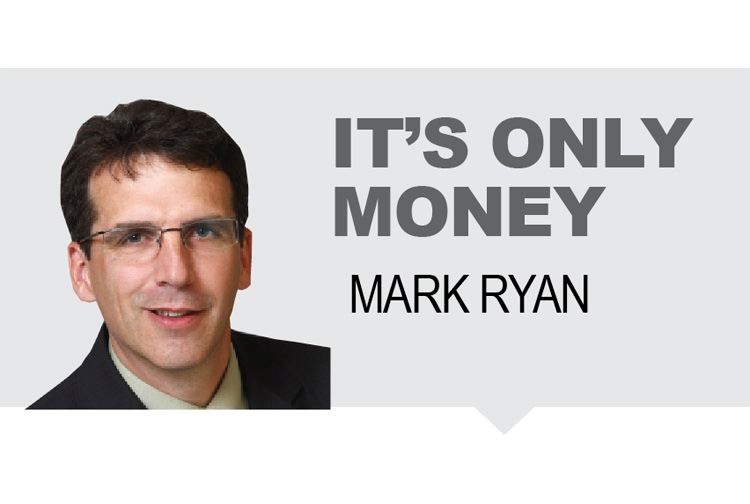They say the rich get richer, but my experience is that the rich get nicer. Not the wannabe rich. They're cranky. I mean the ones who earned it from scratch, and they're stingy with themselves but generous to a fault. Not a few of them still shop at thrift stores and there's not a chance in heaven they'll ever spend that money.
They could leave it all to the kids but they're cautious about robbing their offspring from the hike up the mountain that looks so good from there. Nobody takes a chopper up Mt. Robson and brags about it. There's a whole division where I work dedicated to helping this work just so. In the mix are lawyers, accountants, trusts, insurance, philanthropy, and a laser focus on not overpaying tax.
In estate planning, tax-deductible gifts can take a variety of forms including cash, assets in-kind, or even life insurance proceeds. Today we focus on insurance,and its delicious tax impacts.
It may be an existing policy you no longer need or one bought specifically for the gift. Permanent insurance is usually the most impactful. Special rules govern such gifts, and our exploration here is necessarily brief.
The charity must agree to become the owner of the policy and the gift an irrevocable one. This is easily done by sending a few forms to the insurer. You receive a donation tax receipt for the policy's cash surrender value, less any outstanding policy loans. The transfer is a taxable disposition, but the tax credit from the donation will offset the taxes payable.
You will also get donation tax receipts when you make premium payments into the policy. Then, when you pass away the charity receives the proceeds of the policy. Neither you nor your estate will receive any further tax benefits upon the death of the life insured.
You can also name a charity as the beneficiary of your life insurance while retaining its ownership. The death benefit is paid outside your estate and is not subject to probate taxes.
With an immediate gift/transfer of a policy, you cannot change beneficiaries. However, with a deferred gift, you can change beneficiaries whenever you want.
Claim the donation tax credit on the deceased's final income tax return if the charity is designated as the beneficiary of the life insurance policy. A donation tax receipt will be issued for the amount of the death benefit paid by the insurance company to the charity.
Federal tax laws made earning investment income inside a holding company more punitive in 2017. But it's possible to tunnel under the CRA's fenced-in capital trapped in your company, using the diamond-head of your charitable intentions. And since the proceeds of a corporately owned life insurance policy flow through your capital dividend account on their way out the door, the remaining capital, up to the now inflated CDA balance, can be paid out to remaining shareholders tax free, (after deducting the adjusted cost base of the policy). Furthermore, the funds in the policy can continue to grow inside a tax shelter, like a big giant friendly corporate TFSA, reducing corporate tax while you are alive.
This gets even better for you, but draw on the expertise of a high net worth specialist. It's too long for this article.
- Mark Ryan is an Investment Advisor with RBC Dominion Securities Inc. (Member-Canadian Investor Protection Fund), and these are Mark's views, and not those of RBC Dominion Securities. This article is for information purposes only. Please consult with a professional advisor before taking any action based on information in this article. See Mark's website at: http://dir.rbcinvestments.com/mark.ryan



